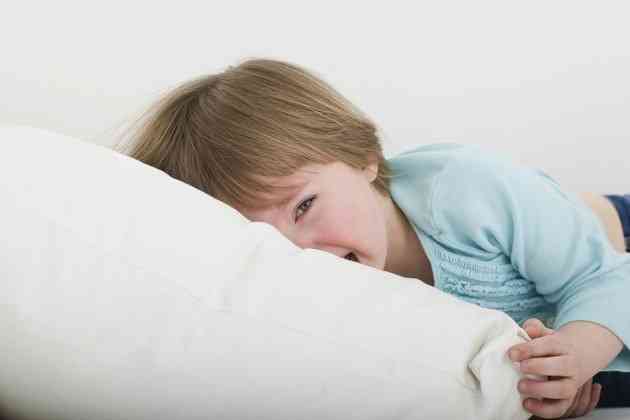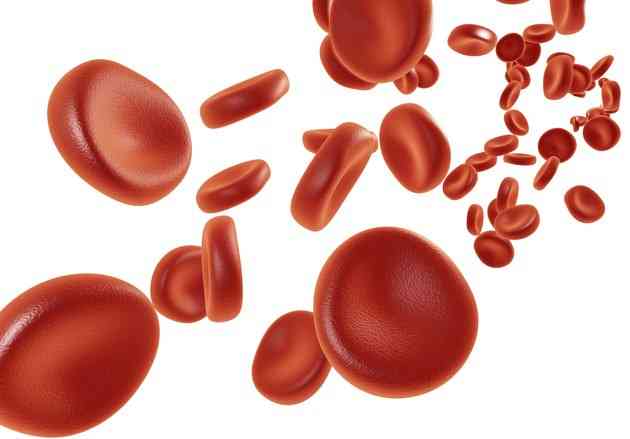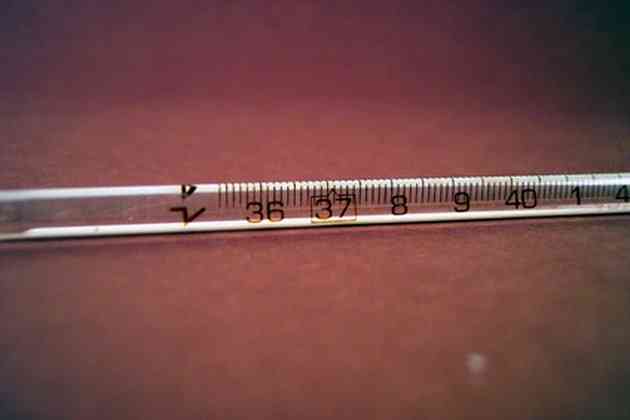Concussion Symptoms in Toddlers

Toddlers learning to explore their world often take tumbles that result in nasty bumps to the head. It is important to be able to determine if your child may have sustained a concussion. Also called a mild traumatic brain injury, or MTBI, a concussion refers to a disruption in normal brain function caused by a jolt or blow to the head. Concussions are relatively common in toddlers, so get to know the signs and symptoms, especially since little ones often cannot put into words what they're experiencing.
 A toddler is crying into a pillow. (Image: Jupiterimages/Stockbyte/Getty Images)
A toddler is crying into a pillow. (Image: Jupiterimages/Stockbyte/Getty Images)Initial Symptoms
Passing out immediately after a bump on the head is a warning sign of a possible concussion in your toddler -- even if it lasts just a few seconds. However, loss of consciousness does not occur in up to 90% of concussions, according to the Centers for Disease Control and Prevention. More common initial symptoms to watch for include a dazed expression immediately after the injury, prolonged crying, vomiting and headache. Your child may complain that his "belly doesn't feel good," which may indicate nausea. Similar complaints about his head or eyes may indicate your child is experiencing other possible concussion symptoms such as a headache or blurry vision. Seizures can also occur, although this is not common.
Early Symptoms
Some concussion symptoms develop over the first hours to days after your child's injury. Your child might begin covering his eyes or shun going outside due to increased sensitivity to light. Similarly, he may shy away from the television or music playing due to increased sensitivity to sound. Irritability, lack of energy or not playing as much as usual may signal a possible concussion. A change in your child's sleep pattern -- such as not wanting to settle down for naps or sleeping more than usual -- is another sign to watch for. Unusual clumsiness, slurred speech, lack of coordination and more frequent falls can also develop with a concussion.
Persistent Symptoms
Concussion symptoms may not be obvious in the first few days after your child's injury, but become noticeable over time. You may notice a change in eating habits, unusual grumpiness or sadness, or lack of interest in favorite toys or activities. An increase in temper tantrums or impatience, or crying more than usual are other possible signs of a concussion. Sometimes, your child just might not seem like his usual self -- even though you might not be able to pinpoint exactly what's wrong.
When to Seek Medical Attention
Toddlers are one of the groups at highest risk for a concussion. It is important not take head injuries lightly and to watch for any symptoms of a possible concussion. Call 911 or go to the nearest emergency room if your child loses consciousness, has an open cut on his head or face, or has a seizure. Otherwise, the American Academy of Pediatrics recommends calling your doctor right away to report anything more than a light bump on the head and discuss whether the child needs to be seen and what to watch for if your doctor recommends monitoring your child at home.




